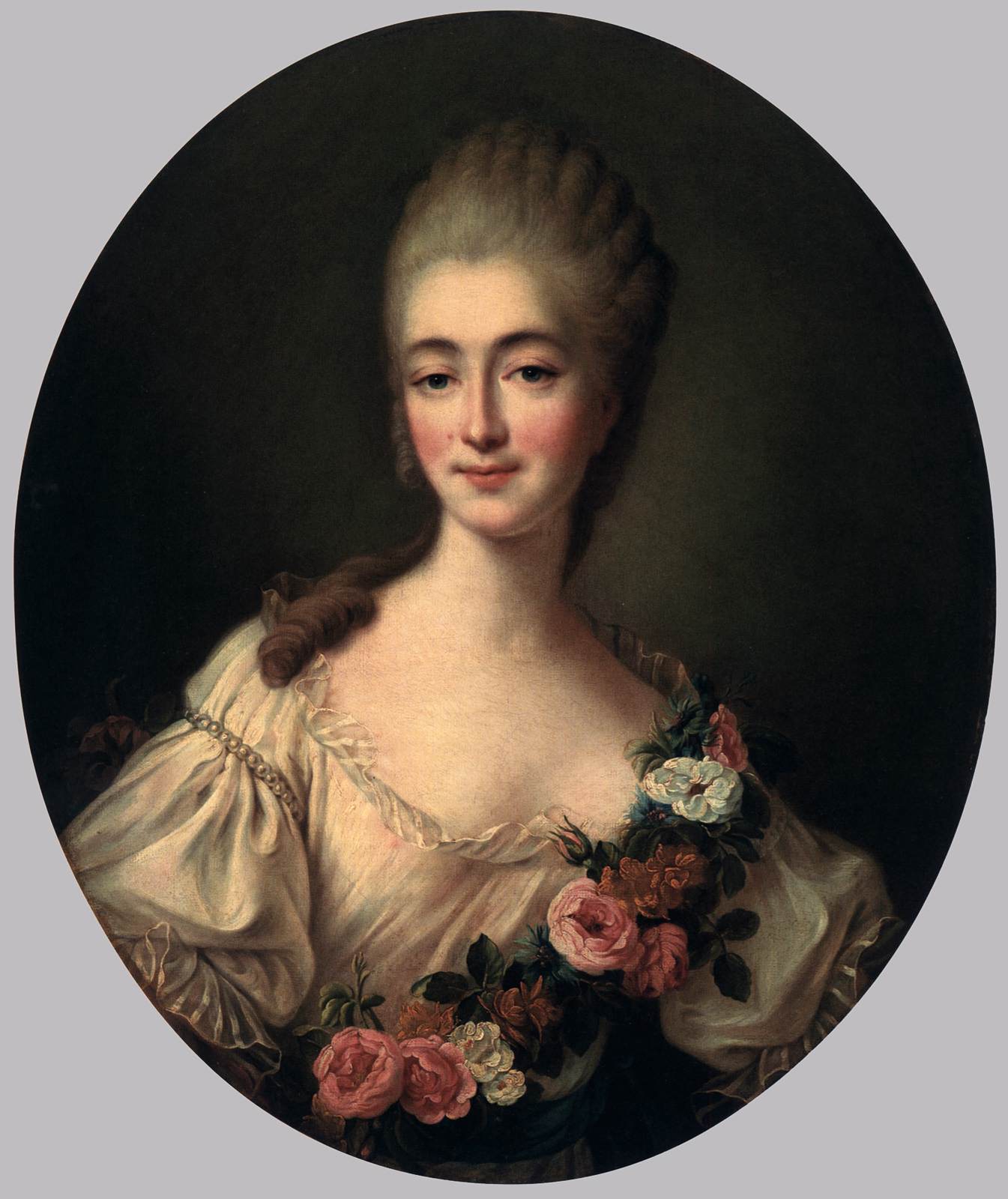Description
The painting Jeanne Bécu, Comtesse du Barry by the artist François-Hubert Drouais is a work of art that stands out for its elegance and sophistication. The Comtesse du Barry, was one of the most influential women at the 18th century French court, and this painting captures her beauty and power in great detail.
Drouais' artistic style is characterized by his ability to capture the essence of his subjects with great precision. In this painting, we can see how the artist has portrayed the Comtesse du Barry in great detail, highlighting her beauty and elegance. The composition of the painting is also very interesting, since the figure of the Comtesse du Barry is in the center of the image, surrounded by objects that symbolize her wealth and power.
Color is another important aspect of this painting. Drouais has used a soft and delicate color palette to portray the Comtesse du Barry, giving her an air of fragility and delicacy. The pastel shades of the Comtesse du Barry's clothing and the objects that surround her create an atmosphere of elegance and sophistication.
The history of the painting is also very interesting. It was commissioned by the Comtesse du Barry herself in 1772, and became one of Drouais's most famous works. The painting was exhibited at the Paris Salon in 1773, where it was very well received by critics and the public.
Despite being a well-known work, there are little-known aspects of painting. For example, the Comtesse du Barry is believed to have posed for the painting on several occasions, allowing Drouais to capture her beauty and personality in great detail. It is also known that the Comtesse du Barry was very pleased with the painting, and she kept it in her private collection until her death in 1793.
In short, the painting Jeanne Bécu, Comtesse du Barry by the artist François-Hubert Drouais is an impressive work of art that stands out for its artistic style, composition, color, and history. It is a work that continues to be highly valued by art lovers and that continues to captivate everyone who contemplates it.

